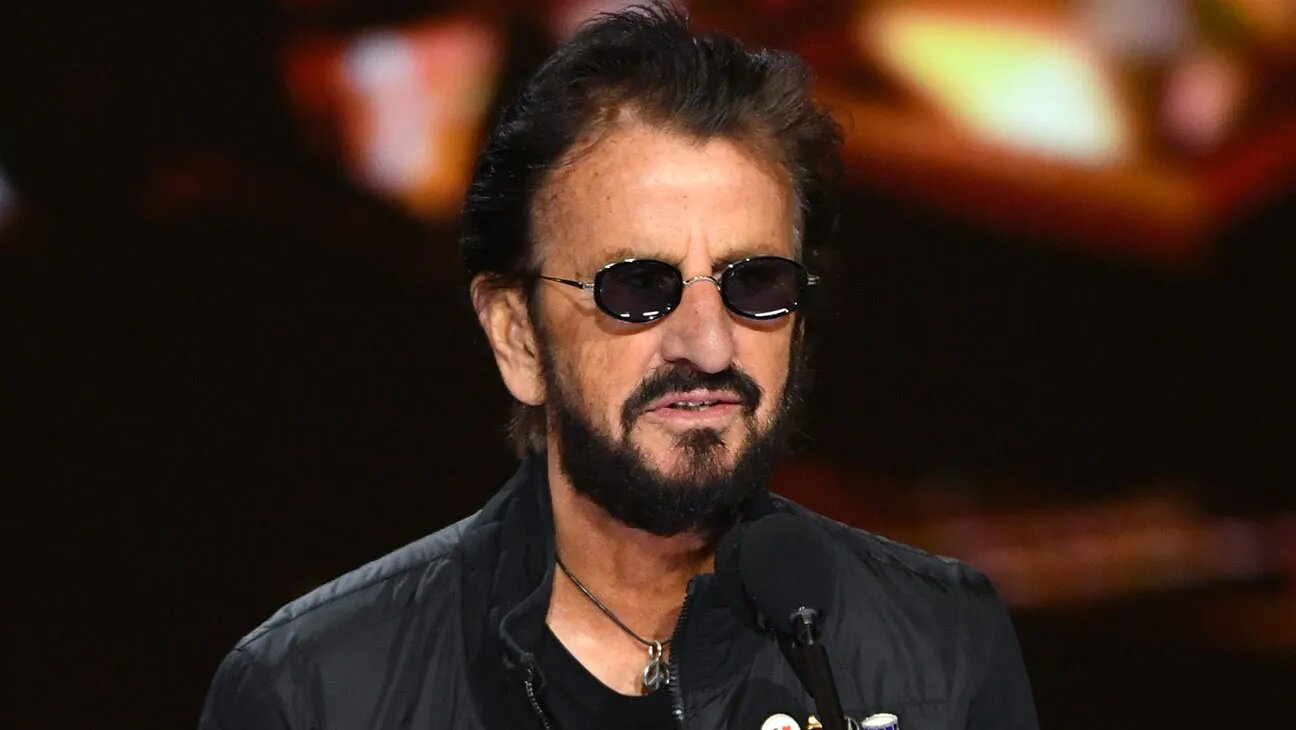
These two one-word answers by Paul McCartney, reported by the Daily Mirror newspaper on April 10th, 1970, cut deep into the heart of every Beatles fan around the world.
McCartney didn’t say it directly. He didn’t have to. Everyone knew what it meant, and the Mirror’s headline summed it up: “Paul quits The Beatles”. The band that defined a generation more than any other and changed music forever was no more.
Of course, thankfully, we know that wasn’t quite the end of the story. After a few years of legal battles and bad blood, particularly between John Lennon and Paul McCartney,
The Beatles more or less made up. Lennon and McCartney were on good terms at the time Lennon was tragically murdered in 1980.
And after his death, the other Beatles even managed to get together and turn three of his demo recordings into new singles by the band. Most recently, ‘Now and Then’, which became the band’s 18th UK number one single late last year.
But what was behind Paul McCartney’s decision to leave the band? Why did it end how it did that April, with the press release that shocked the world?
So, was Yoko Ono to blame?
John Lennon’s second wife, Yoko Ono, is often targeted with accusations that she broke up with The Beatles. When asked about Ono, her influence and work with Lennon in his press release, McCartney said he loved and respected Lennon but that it didn’t really give him “any pleasure”.
There was a much-publicised antipathy towards Ono from McCartney’s side while The Beatles were recording their final three albums. Lennon confirmed as much in a 1970 interview with Jann Wenner for Rolling Stone.
Lennon included Ono in virtually every studio session during the recording of the group’s last three albums. She even appeared on the songs ‘The Continuing Story of Bungalow Bill’ and ‘Revolution 9’.
McCartney seemed to resent her inclusion in what had previously been a closed shop, with recording sessions strictly limited to just the four Beatles and producer George Martin, along with occasional session or guest musicians.
But it’s unfair to pin the blame for McCartney quitting The Beatles on Yoko Ono. They still managed to record three albums with her present, and Lennon explained how tensions had already begun developing within the band during the making of 1967’s Sgt.
Pepper’s Lonely Club Band – before his relationship with Ono even began. George Harrison had minimal involvement in the album, and Lennon felt slighted by McCartney taking control of its direction.
It was the increase in these tensions between the band members, of which Ono was at most a secondary cause, that ultimately led to its dissolution.
Lennon had practically left the band by September 1969, and McCartney’s announcement the following April was the natural next step.
As Ono herself said in a 1971 interview with Dick Cavett, “It’s very difficult for four artists who are so brilliant and talented to be together and do everything together.
” The tension brought about by The Beatles’ togetherness produced sparks of artistic genius for almost a decade, but it was bound to combust eventually. With or without Ono.
